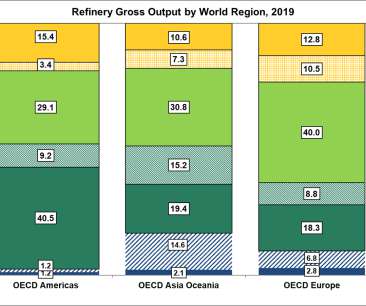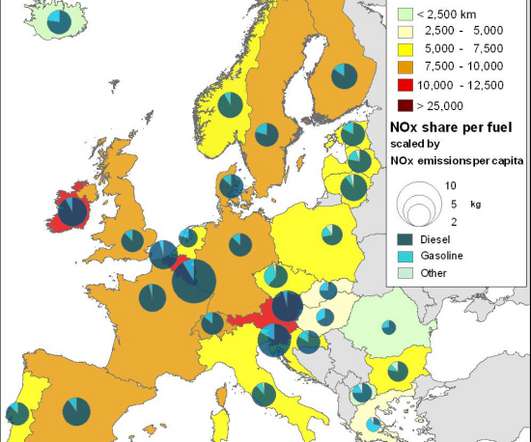EEA: average CO2 emissions from new cars and new vans in Europe increased again in 2019
Green Car Congress
JUNE 27, 2020
2 -emissions-from-new-cars-vans-2019">According to provisional data published by the European Environment Agency (EEA), average CO 2 emissions from new passenger cars registered in the European Union (EU), Iceland, Norway and the United Kingdom (UK), increased in 2019, for the third consecutive year. g CO 2 /km in 2019, reaching 122.4











Let's personalize your content